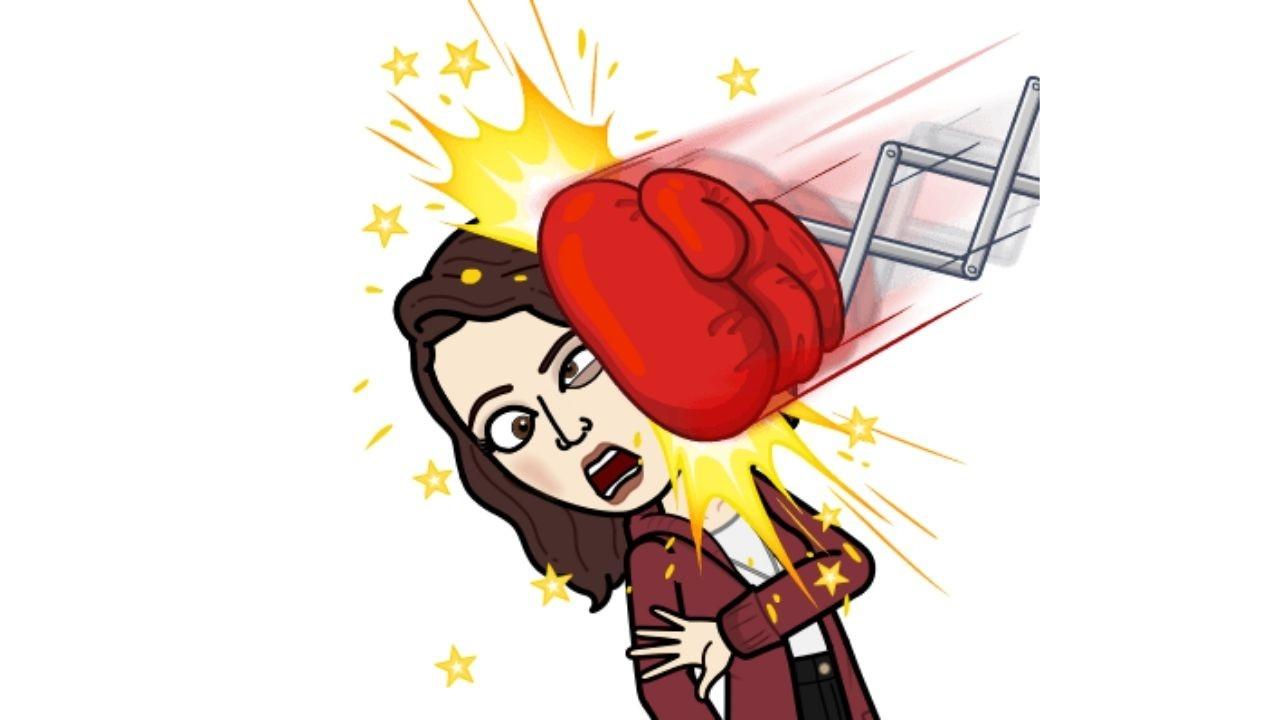Communication Lessons from My Pain

Do you find it harder to remember things (unless you write them down) or get easily distracted (unless you block out focus time)? Sometimes I do, too.
Information overload seems like a rational thing to blame. But today’s mental battle is exacerbated by the constant stream of shocking news we’ve all been living through this year in one way or another.
Many of us live with sensory overload as our minds try to make sense of the chaos going on in the world around us.
For me, there has been something larger catching me off guard and creating my distractions, and I want to tell you about it. (Stick with me because my story demonstrates some communication strategy, too.)
Solving A Mystery.
Imagine what my mind did when I found someone else’s phone buried in the bottom of my bookbag.
The cell magically appeared as I was searching for my headphones last week.
My mind immediately started analyzing the who, what, when, where, why, and how.
- Who’s phone was this?
- What could have caused them to put it in my bag?
- When did they put it there?
- Where did this unknown exchange occur?
- Why would they put it in there?
- How long had it been missing?
Pangs of guilt and sorrow for this unknown person found me wondering how they were functioning without their phone, especially since cells have become like lifelines these days.
Once I located my headphones, I headed to the gym and left a message for my husband Robert about the mystery we needed to solve.
I don’t know about you, but my mind is always analyzing. Considering the options, I thought: Since we hadn’t seen many people since daddy’s ICU stay and funeral—who in those interactions might be looking for their phone?!
Then it hit me, and tears streamed down my face.
I knew whose phone it was and they weren’t missing it.
The unknown cell phone belonged to my sweet daddy, who lost his battle to septic shock on Feb. 18 at 3:16 a.m.
Finding his cell shows how something simple will trigger deep emotions on a dime.
Everyone Is Different.
I know everyone processes loss differently because many factors come into play.
In my case, grief is the price I’m paying for loving my daddy deeply.
Learning to navigate my “new normal” where breathing is hard, and it sometimes feels like I’m stuck in the mud has been one of the hardest things I’ve survived.
Thanks to a colleague, I remembered that I hadn’t shared about the tragedy in my world.
So, now you know.
Communication Lessons from My Pain.
Now that you know where my head and heart have been, I bet you’re wondering how this applies to you. Let me explain.
Sharing part of my story demonstrates authenticity, transparency, genuineness, and makes me real.
You may even feel a bit of emotion as you learn a little about my loss.
My transparency also demonstrates the copywriting persuasion principle of likability.
Good copywriters have used this technique for decades, and it became a principle of persuasion when Robert Cialdini wrote about the concept more than 30 years ago.
From perfect strangers to closest friends, we all want to interact with people we know, like, and trust.
Why the Power of Likability Works.
Whenever you write or speak—relating, understanding, and finding ways to build rapport with others is critical.
PRO TIP: Make sure you use the principle of likability sincerely without hype or manipulation.
Increasing your likability will also build your trustworthiness and credibility.
When the time is right, you’ll be well-positioned to ask your audience to take action for whatever you need them to do—even if it is something as simple as a recommendation or referral.
Speaking of taking action, I'm mapping out the dates for another Joyful CopyCamp.
Some of you need this live coaching course, while others do not.
If you want to understand how to write words that connect with your customers authentically, join my waitlist now.
